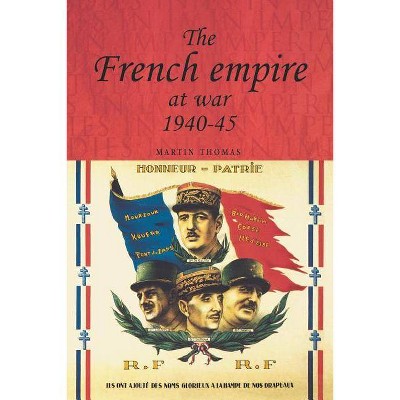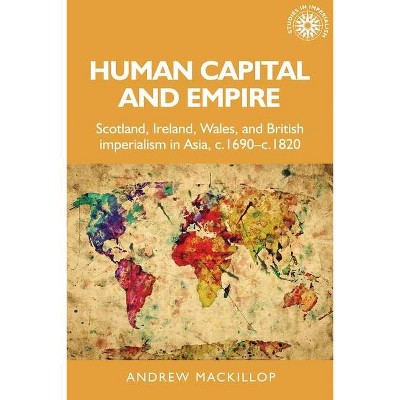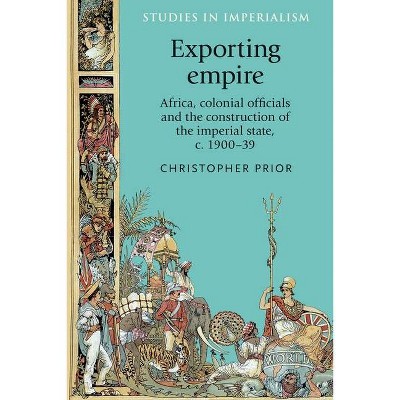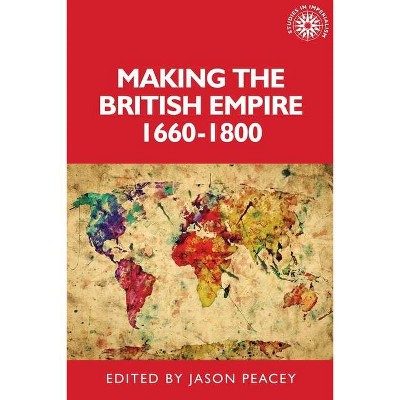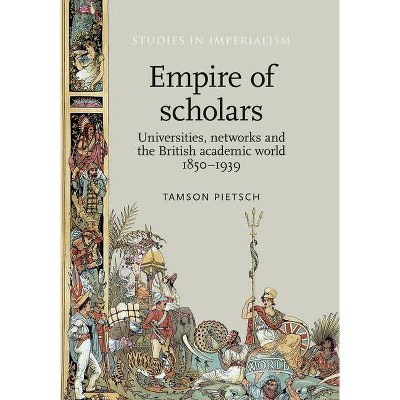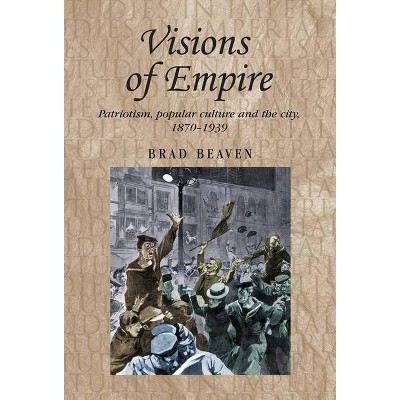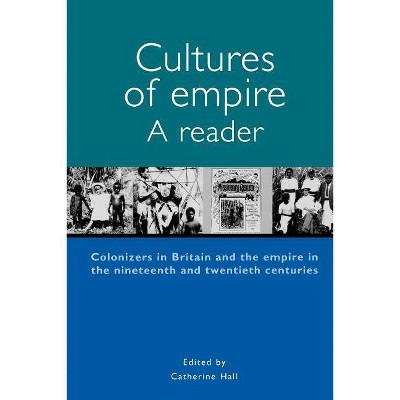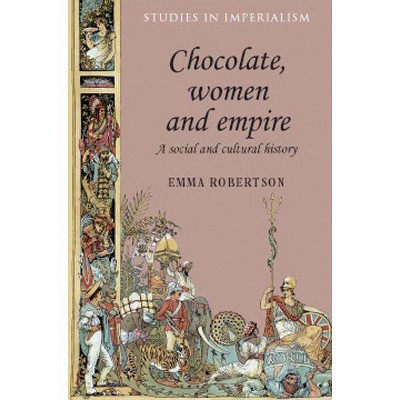Building the French Empire, 1600-1800 - (Studies in Imperialism) by Benjamin Steiner (Hardcover)
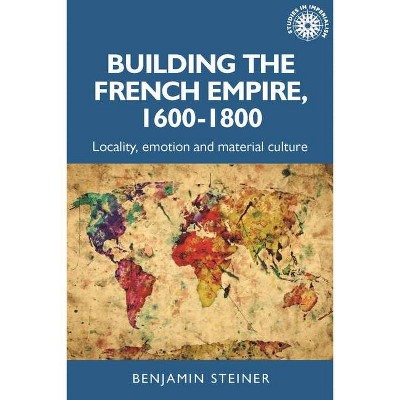
Similar Products
Products of same category from the store
AllProduct info
<p/><br></br><p><b> About the Book </b></p></br></br>How did the French rule their colonial overseas possessions dispersed all over the world? This book focuses on local populations and workers in the colonies. Indigenous experts, slaves or indentured servants as well as French engineers and naval officers contributed to the building of the foundation of the French empire.<p/><br></br><p><b> Book Synopsis </b></p></br></br><p><br /> This study explores the shared history of the French empire from a perspective of material culture in order to re-evaluate the participation of colonial, Creole, and indigenous agency in the construction of imperial spaces. The decentred approach to a global history of the French colonial realm allows a new understanding of power relations in different locales. Traditional binary models that assume the centralization of imperial power and control in an imperial centre often overlook the variegated nature of agency in the empire. In a selection of case studies in the Caribbean, Canada, Africa, and India, several building projects show the mixed group of planners, experts, and workers, the composite nature of building materials, and elements of different 'glocal' styles that give the empire its concrete manifestation. Thus the study proposes to view the French overseas empire in the early modern period not as a consequence or an outgrowth of Eurocentric state-building, but rather as the result of a globally interconnected process of empire-building. It also gives a novel approach towards global history that does not privilege certain colonial centres, but opens up space across the boundaries of affirmative colonial historiography and concentrates on the specificity of the place and emotional aspects of community and identity. The book is addressed to those students, scholars, and generally interested public intent on learning more about the functions in early modern colonialism and in particular to those with an interest in French colonial history.</p><p/><br></br><p><b> From the Back Cover </b></p></br></br>This study explores the shared history of the French empire from a perspective of material culture in order to re-evaluate the participation of colonial, Creole, and indigenous agency in the construction of imperial spaces. The decentred approach to a global history of the French colonial realm allows a new understanding of power relations in different locales. Traditional binary models that assume the centralization of imperial power and control in an imperial centre often overlook the variegated nature of agency in the empire. In a selection of case studies in the Caribbean, Canada, Africa, and India, several building projects show the mixed group of planners, experts, and workers, the composite nature of building materials, and elements of different 'glocal' styles that give the empire its concrete manifestation. Thus the study proposes to view the French overseas empire in the early modern period not as a consequence or an outgrowth of Eurocentric state-building, but rather as the result of a globally interconnected process of empire-building. It also gives a novel approach towards global history that does not privilege certain colonial centres, but opens up space across the boundaries of affirmative colonial historiography and concentrates on the specificity of the place and emotional aspects of community and identity. The book is addressed to those students, scholars, and generally interested public intent on learning more about the functions in early modern colonialism and in particular to those with an interest in French colonial history.<p/><br></br><p><b> About the Author </b></p></br></br>Benjamin Steiner is Lecturer in Early Modern History at the University of Frankfurt am Main. He is also a member of a research group at the University of Munich
Price History
Price Archive shows prices from various stores, lets you see history and find the cheapest. There is no actual sale on the website. For all support, inquiry and suggestion messages communication@pricearchive.us
